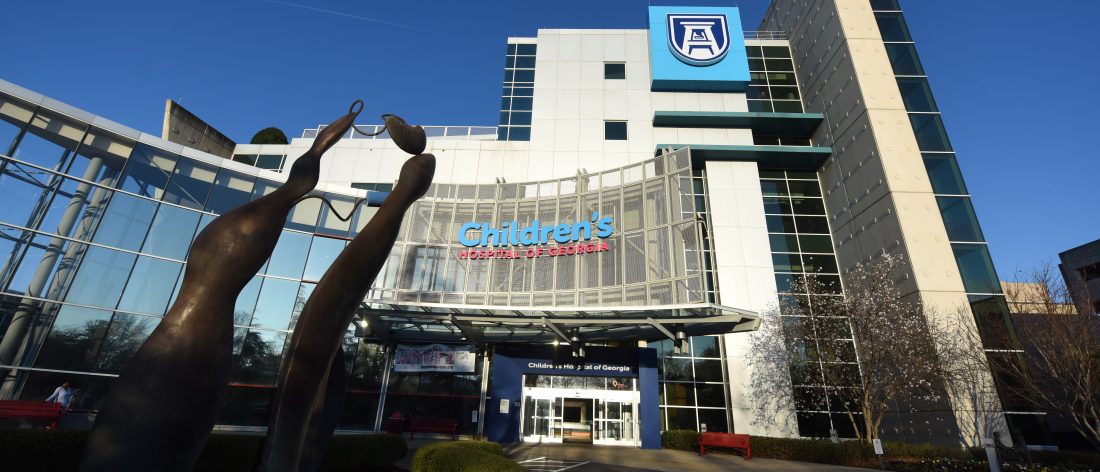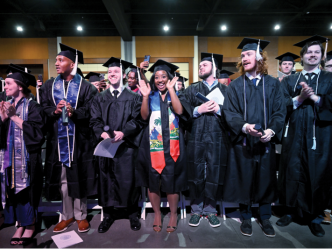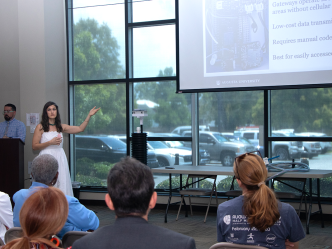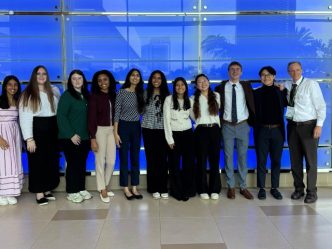September is Childhood Cancer Awareness Month, and Augusta University’s Biology Club raises awareness for the cause each year with a donation drive for Children’s Hospital of Georgia.
Cancer is the leading cause of death for children under the age of 14. Resources from the donation drive, including craft supplies and toys, are given to patients at Children’s to keep their minds off why they’re in the hospital.
Dr. Colleen Davis, advisor of the Biology Club, put the donation drive together while she was a graduate student at AU.
“I am thrilled that since I have been the advisor, each year the club has been willing to take ownership of this very worthy drive,” said Davis. “Also, given the recent changes in day-to-day life with COVID-19, I think our students have embraced the opportunity to give to a worthy cause within our community.”
This list below consists of items recommended by Children’s staff and child life specialists “to promote a sense of normalcy during each and every child’s [hospital] stay”:
Craft supplies:
Adult (PG) & children’s coloring books
Colored pencils, crayons, or fine tip markers
Construction paper and glue
Kid-friendly sticker sheets
Halloween craft kits
Entertainment:
Word search or crossword books
Decks of playing cards, UNO, Skip-Bo, etc.
Board books for babies
Play-Doh
Classic board games
Children’s Amazon Wish List also provides a list of specific, needed items you can purchase to support the drive.
There are three ways to donate. Donors can send items directly from the Children’s wish list or email Davis or Biology Club president Ananya Chakraborty to arrange donation pick-up. Donors can also drop off donations in the collection boxes on campus, located in the Science Hall atrium, outside Davis’ office (Science Hall W-2009), and in the Jaguar Student Activities Center.
The deadline to submit items is noon Wednesday, Sept. 30.
“During these times, it is more important than ever to stay connected to the community and do our part to continue giving back and helping those who are most vulnerable,” said Chakraborty, the president of the club. “This initiative is a great way to show students that a small contribution can make a big difference.”
 Augusta University
Augusta University




